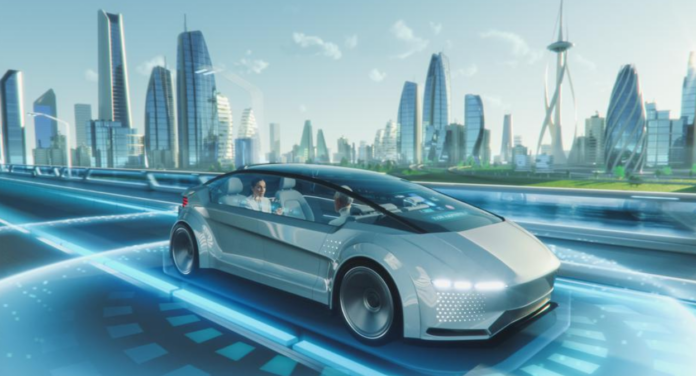“Yet at the same time, the automotive industry is racing toward a new world, driven by sustainability and changing consumer behavior, encompassing electric vehicles, connected cars, mobility fleet sharing, onboard sensors, new business models, and always-on connectedness.
During the initial pandemic lock downs, the automotive industry was hit hard, as global supply chains ground to a halt, manufacturers and dealers temporarily closed, and people stayed home and drove less.
Despite that initial slowdown, however, industry experts say the pandemic actually accelerated progress of digitization in the automotive sector.
What will the future of mobility look like in the real world? There is so much collaboration and innovation in this space, that e-mobility innovations are already underway.
Here are a few examples:
- Cars that are self-aware and provide a connected platform for new business models.
- Vehicles with hundreds of Internet-connected engine control units (ECUs) and sensors, providing data and insights.
- The capability to bundle vehicle sales with new subscription-based offerings for parking, electric vehicle (EV) charging, rideshare, and car share services.
- Algorithm-based insurance based on data from connected cars.
- Fleet services, which are already at an all-time high, will continue to grow and expand to include charge point operations, as more fleets become electrified.”
https://www.forbes.com/sites/sap/2021/05/05/the-future-of-automotive-and-mobility/?sh=2654b00c59d5
The boundaries are also important to consider, as the market will involve lots of pay to use subscriptions, as well as a new addition of sensors that mark vehicle problems and consumer comfort. There will also be location boundaries are companies can set limitations on range of service and traffic regulations vary between states.
Automatic updates will become mandatory and users can be liable for driving a non updated vehicle. Users will also be asked for data sharing permissions in order for software to work. Will it be standard across all automotive? Or could private ride sharing companies set limitations of vehicles that can operate within their service? Will this data be shared with government or kept private. Will people need to provide identification to use ride sharing vehicles as they have no part in driving the vehicle? Do we need to provide storage in these cars if people are traveling less and lighter, since they can sleep on the drive home easily to get something they forgot?




